Book Review: Van Horstmann by Ben Counter
August 25, 2013 by dracs
Spoiler Alert! In this review I have tried to avoid directly giving away bits of the plot. However, there are aspects of the book's ending which I feel I need to discuss in terms of how they affected me as a reader. So while I don't state exactly what happens it might still spoil the suspense for anyone who wishes to read it. Ye have been warned!
Before we begin, let's start with a little history lesson for those who are relatively new to Warhammer Fantasy. Just who is this Van Horstmann fellow?
Van Horstmann was a Chaos Lord of Tzeentch from the early days of Games Workshop's game of fantasy battles. Riding atop a two headed dragon and in cased in heavy armour, he made a striking figure on the field of battle. He has since faded into obscurity, with his only remnant being a magic item used by the Empire, Van Horstmann's Speculum. That is until now, for Black Library author Ben Counter takes us back to look at this dark sorcerer's mysterious beginnings.
The story itself follows Van Horstmann's progression through the ranks of Light Order of Magic. Through a series of elaborate schemes, manipulating both man and daemon, Van Horstmann works a patient game to bring about vengeance for his mysterious past. Growing in power and gaining the trust of the highest echelons of Empirical society, the reader watches as Van Horstmann steps from his beginning as a talented acolyte to one of the greatest threats to the Empire, bringing it to its knees while hiding within its society.
When I first heard about this book I was pretty excited. It had an awesome premise and carried the weight of an iconic and mysterious figure of Warhammer Fantasy lore. Ultimately though I found that I was disappointed by it.
From a literary perspective it was not the greatest book in the world. The writer certainly has skill. The intricate plans and manipulations are laid out before the reader and it is rare to find oneself lost in regard to the plot. However, Counter has the unfortunate habit of interrupting the flow of the narrative to deliver moments of exposition and description. This can leave the events feeling rather disjointed and can kill the tension of an action sequence.
There are also moments in which plot threads which run throughout the novel are left feeling rather inconsequential. For example, the book opens with the attempts of Teclis and the very first mages of the Colleges of Magic binding a monstrous two headed dragon. The College of Light is then tasked with keeping the dragon caged, with the college being built upon it. Given its prevalence in the opening of the book I was left with the impression that this would be the main focus of Van Horstmann's plans and the reason for him joining the College of Light. Instead his motivations are revealed to be somewhat petty when compared to the way the character had been portrayed throughout the book as cold and focused, while the two headed dragon becomes little more than a get away car.
This is not to say that there are not things that I like about this book and the things that work work really well. The various schemes of Van Horstmann, while sometimes apparently pointless, are a lot of fun to see spin out and the intrigue Counter creates about Van Horstmann and his plans keeps the reader entranced to the very end, even if the pay off is ultimately disappointing.
Undoubtedly the best aspect of this book is that it provides us with a detailed insight into the nature of magic in Warhammer and the structures and personalities of the various magical colleges. This book contains some of the best depictions of the Empire's magical practitioners I have read. Each of the colleges are represented at some point and left me desperate to find out more about them. Each college is given a distinct personality. The College of Light is of course the one we see the most of and the book provides us with almost a guided tour of the college, so that by the end we know the Pyramid of Light inside and out.
The politics between the different colleges also plays a major part in the story itself. The interactions between people who we might traditionally think of as on the same side is fascinating to observe, while their place in Empirical society well portrayed. A mix of fear, superstition and respect tinges all the meetings between mages and laymen. What is most interesting is that these are sometimes the reactions of the mages.
All in all I found Van Horstmann to be a disappointing, if entertaining read. Moments of the plot often feel far more complex than their importance to the story demands and the Van Horstmann's grand scheme was in the end revealed to be, in my mind at least, disappointingly petty. However, the book is still worth a read if you have any interest in the usually mysterious goings on of the Empirical magical colleges and it gives one of the most vivid imaginings of magic in Warhammer. These facts resurrect the book and make it, if nothing else, an intriguing look into one of the most deliberately obscure aspects of the game's background.
Supported by (Turn Off)
Supported by (Turn Off)
Supported by (Turn Off)





























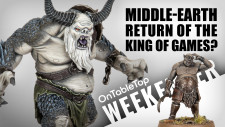

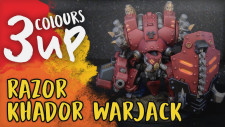
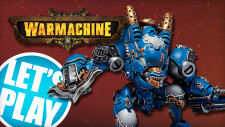

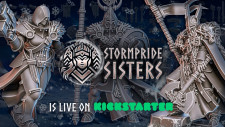
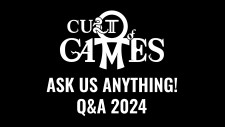





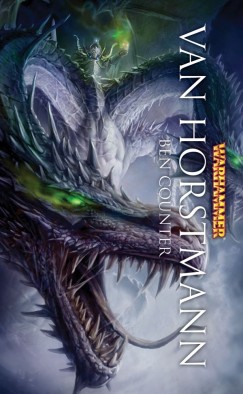



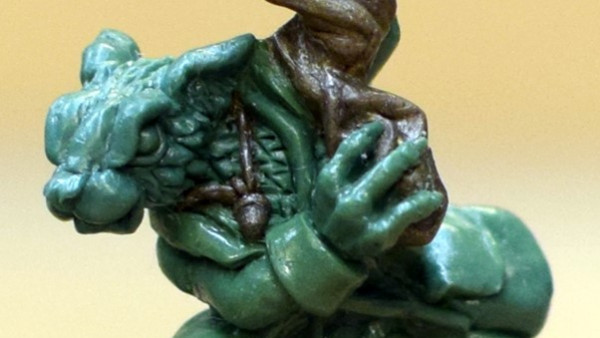
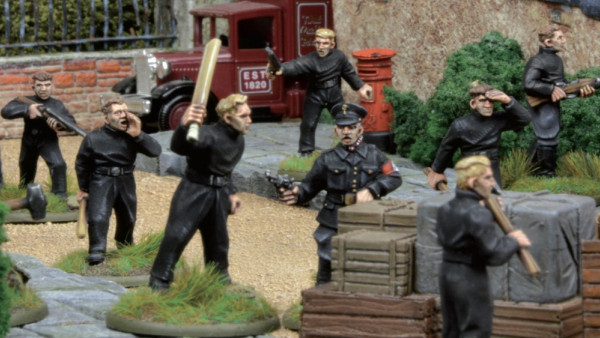
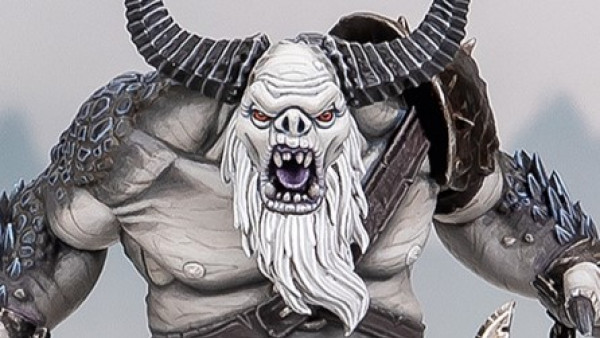
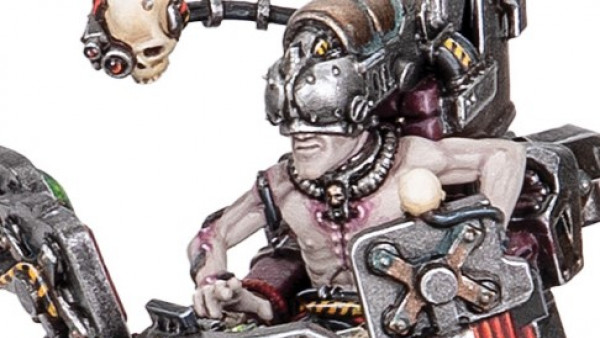
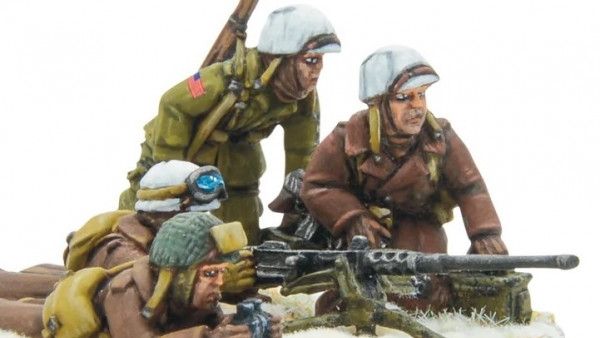
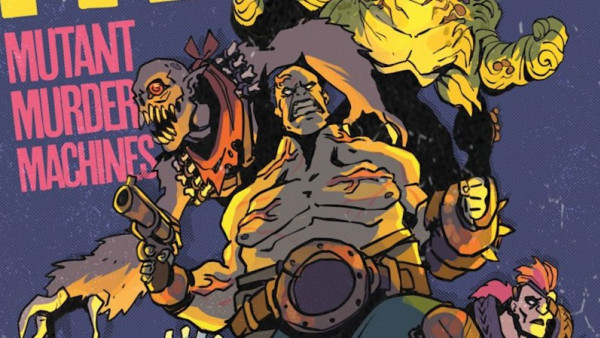
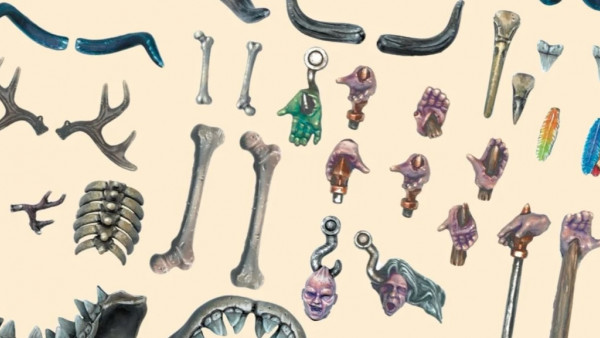
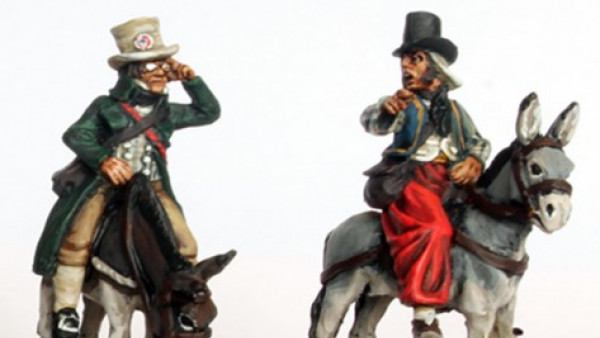
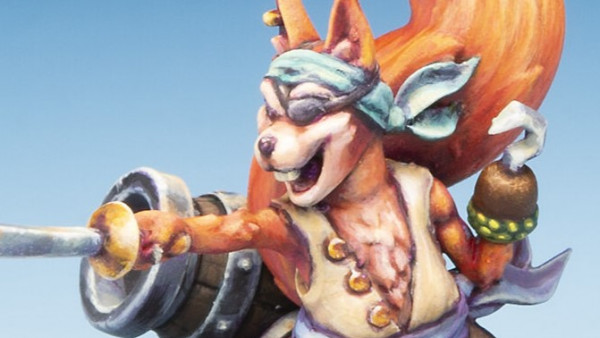
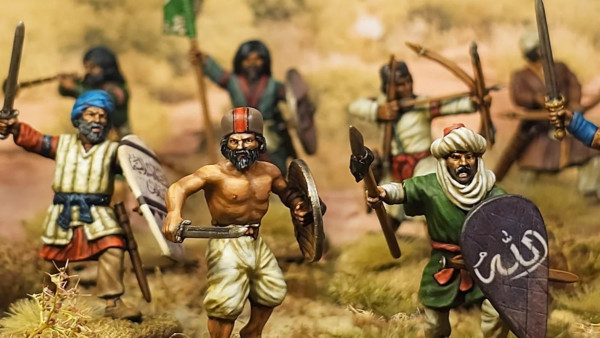
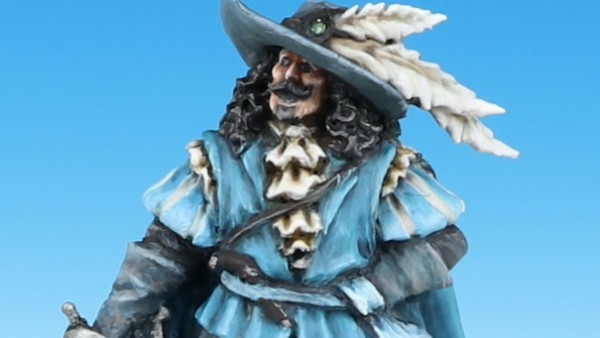
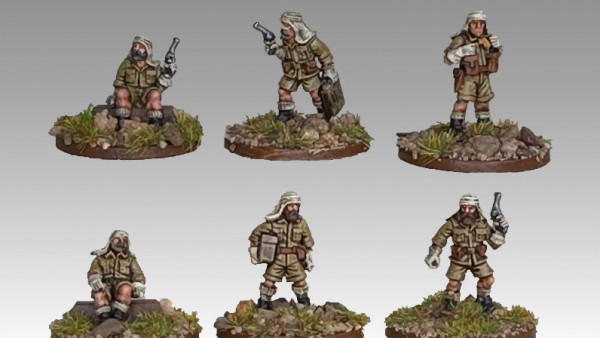

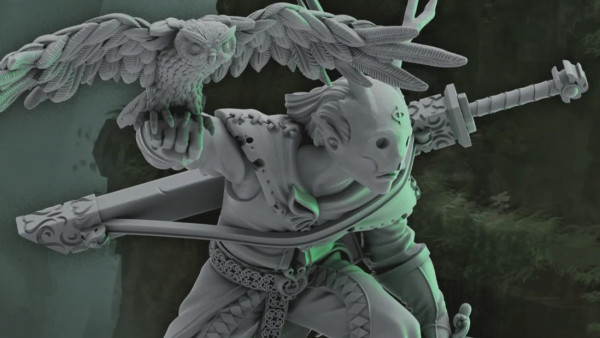
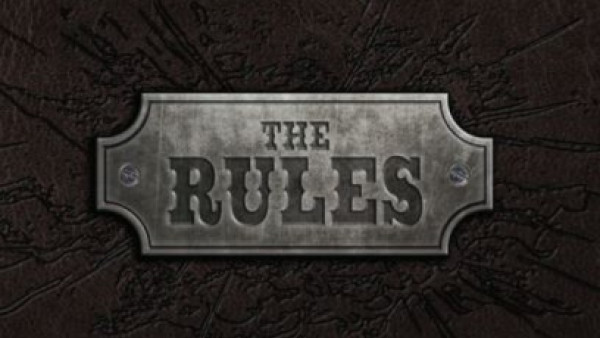
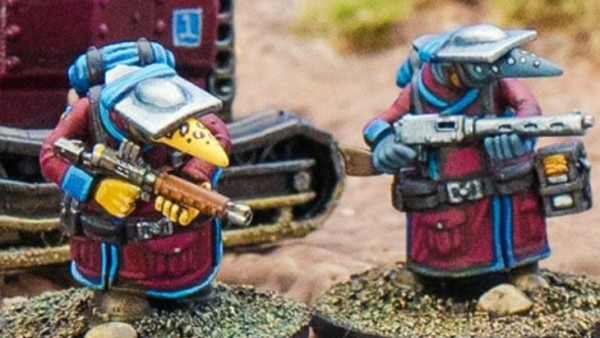
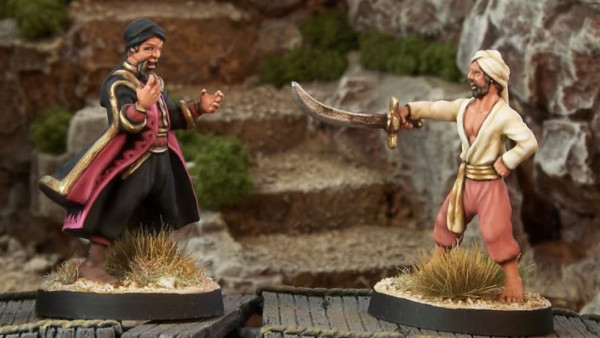
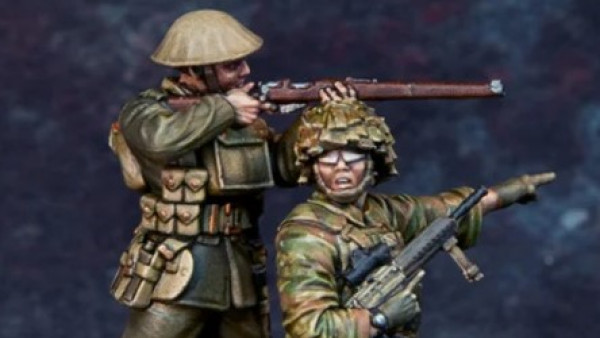
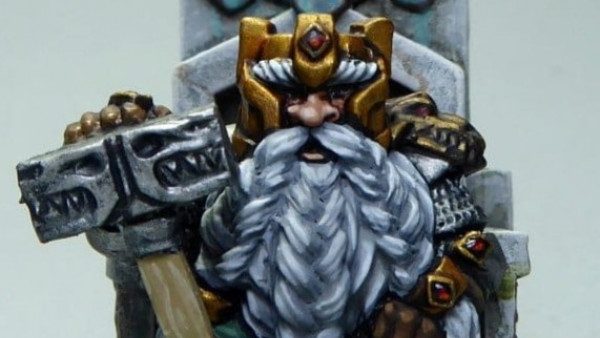
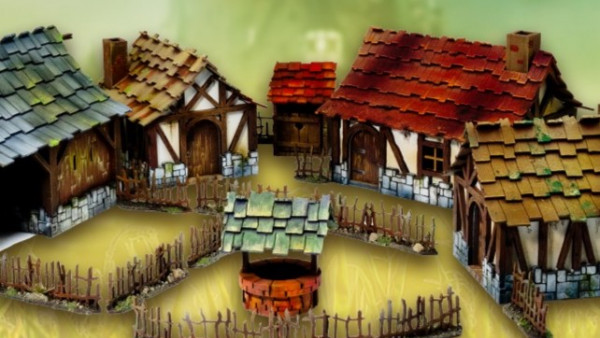
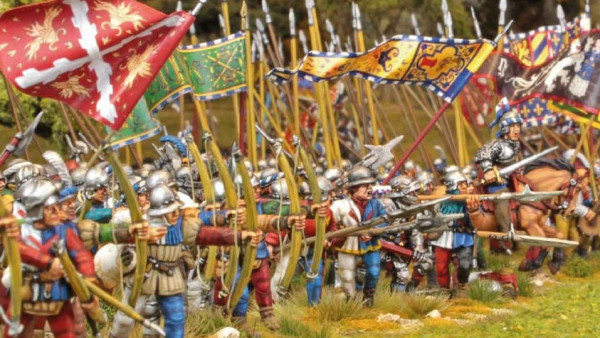
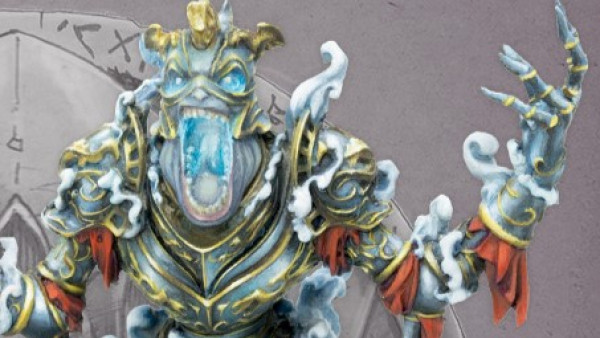
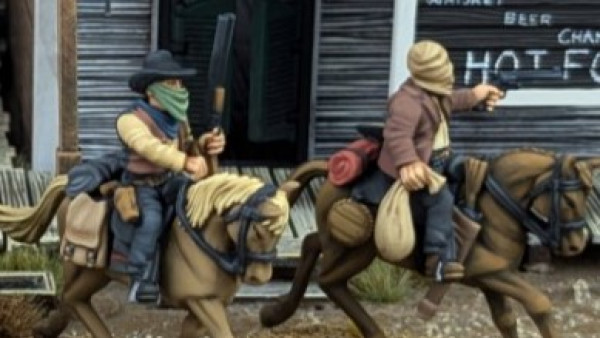

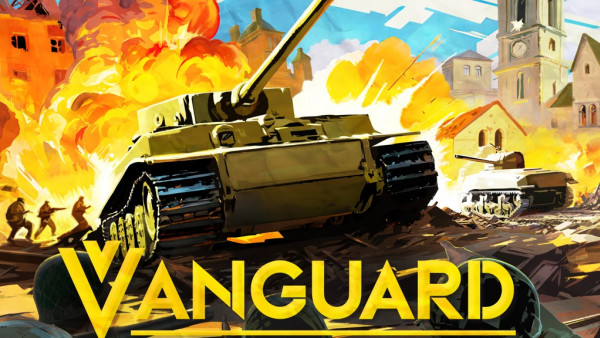
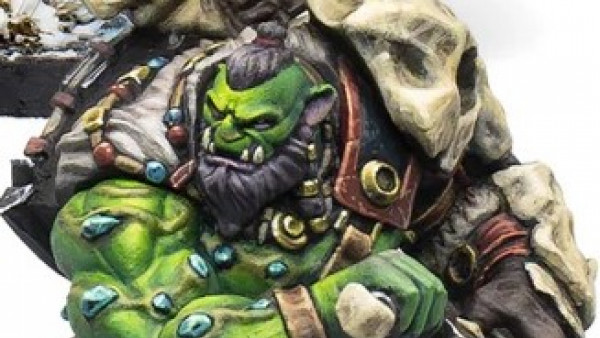
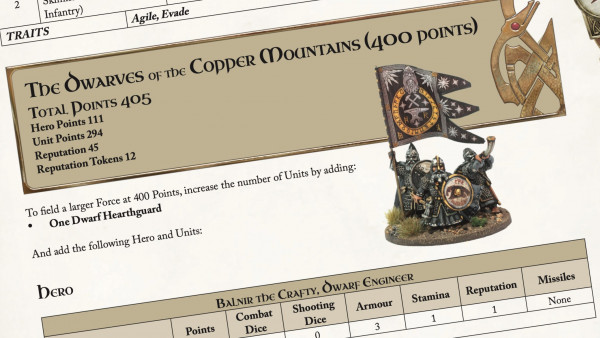

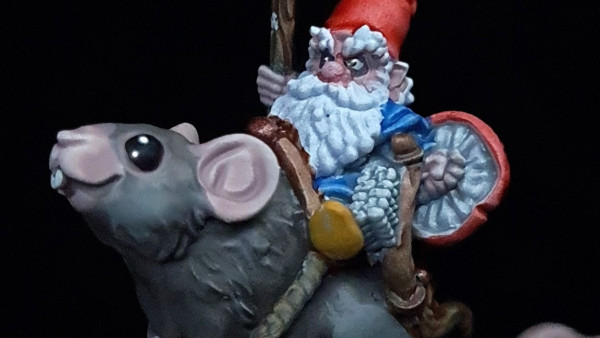


This sounds very like what I’ve felt reading Ben Counter’s Horus Heresy novels. They’re great tales but at times the writing leaves something to be desired.
As an Empire player I’d find the colleges of magic – and the origin of van Horstmann’s speculum – very interesting. So I’m tempted but warned. I won’t break out the Sam voodoo doll if it’s not up to scratch :o)
Wait, you have a Sam voodoo doll? That is awesome! Is it to scale?
I don’t know if it’s exactly to scale but it is very small
Yup it’s to scale then 😉
I’m not short. I’m to epic scale.